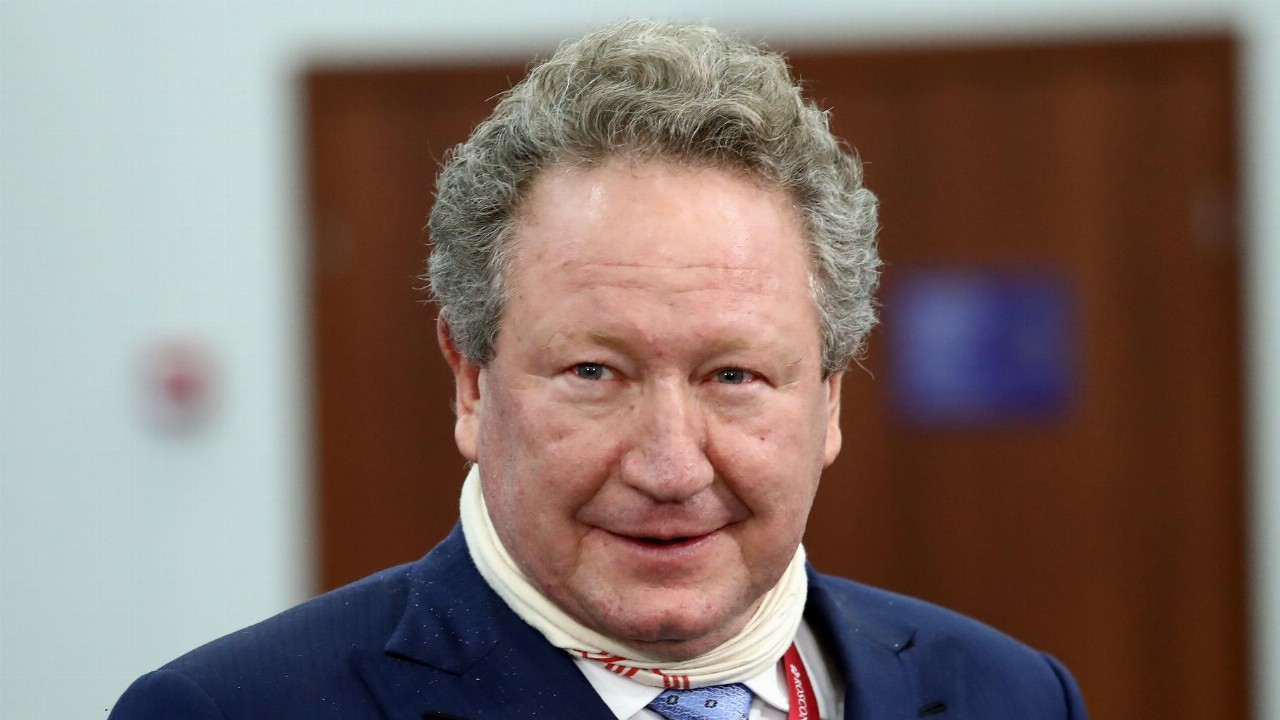- Mining magnate Andrew Forrest’s Mindaroo Foundation will help 18 small news publishers negotiate payment-for-content deals with tech giants Facebook and Google
- The 18 publishers have a combined annual turnover of less than $10 million but will join forces with Mindaroo’s Frontier Technology to engage with the big tech empires
- Frontier Technology director of policy Emma McDonald says the cohort of publishers attract multicultural audiences and focus on local and regional issues
- A potential deal would mirror agreements struck by larger Australian media organisations like the ABC, Nine, and News Corp with Facebook and Google
- Smaller publishers have long been fighting to receive some sort of kickback for having their content appear in search results and other features
Mining magnate Andrew Forrest’s Mindaroo Foundation will help 18 small news publishers negotiate payment-for-content deals with tech giants Facebook and Google.
The billionaire’s philanthropic organisation is stepping in after the news publishers failed to reach agreements with Google and Facebook through individual bargaining and negotiations.
The 18 publishers have a combined annual turnover of less than $10 million but will join forces with the help of Mindaroo’s Frontier Technology initiative to engage collectively with the big tech empires.
A potential deal would mirror agreements struck by larger Australian media organisations like the ABC, Nine, and News Corp with Facebook and Google.
Frontier Technology’s director of policy Emma McDonald said the move to help the smaller publishers would safeguard “public interest journalism and diversity of thought and opinion”.
“Small Australian publishers who produce public-interest journalism for their communities should be given the same opportunity as large publishers to negotiate for use of their content for the public benefit,” Ms McDonald said in a statement.
“Journalism holds the powerful to account; it plays a role in supporting social and policy changes, it keeps a journal of record by reporting on courts and government, and it serves a public interest function by providing a forum for debate and ideas.”
Among the publishers to make up the cohort for bargaining with the tech giants are The Greek Herald, Australian Rural and Regional News, and the Star Observer.
Ms McDonald said these types of publishers attract multicultural audiences and focus on local and regional issues.
Smaller publishers have long been fighting to receive some sort of kickback for having their content appear in search results and other features.
The ability to give publishers more bargaining power in negotiations with big tech companies forms the essence of the Federal Government’s News Media Bargaining Code.
Frontier Technology’s move to help the cohort of publishers reach a deal with Google and Facebook comes not long after the Australian Competition and Consumer Commission (ACCC) allowed a body representing over 250 radio stations to negotiate a content deal.







